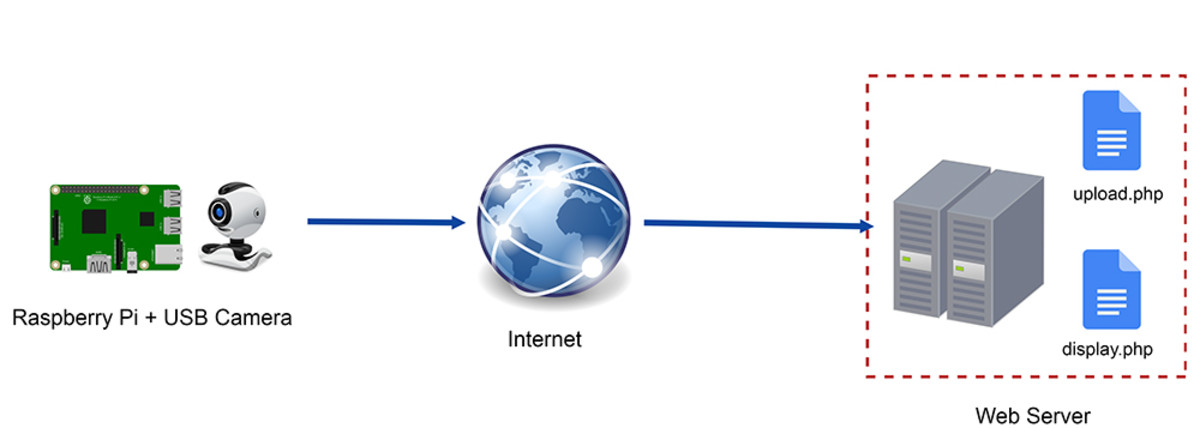abiotic oil: real or imagined?
What is abiotic oil?
Abiotic : of or pertaining to non-life.
Abiotic oil refers to petroleum-based substances generated within the Earth without the benefit of decomposing organic material. Popular science agrees that oil originated over millions of years as huge piles of dead stuff was subjected to intense pressures and temperatures.
However, as we all know, science is not performed by consensus. The scientific method does not provide for a voting process.
In general, crude oil is a naturally occurring liquid carbon-based flammable material that can be used in a variety of industrial applications. It's used to make plastics, to generate electricity, to fuel engines, and to lubricate machinery. Most sentient humans agree that it's crucial to modern industrial society, although the side-effects of its' consumption may be potentially damaging to this little blue marble we call Earth. Regardless of how it originated, we use mass quantities of it every day. Owners of electric cars may not fill up at the local gas station, but the electricity stored in their batteries may have been provided by oil-fired generators. At the very least, the plastic bits on their dashboards were manufactured from gooey globs of oil.
What's the conspiracy?
If mass quantities of abiotic oil can be identified, popular science may be knocked on its' collective ear. The generally accepted assumption that oil requires millions of years to form might no longer be valid. High school and college science text books may have to be ripped apart. Entire programs on the Discovery Channel may have to be re-edited. National Geographic Magazine may wake up with egg on its' collective face.
We've been told that oil is a non-renewable resource. The constant drum beat from presidential administrations since Jimmy Carter insists that sooner or later (probably sooner) 'we' will run out of crude oil and our infrastructure will collapse into a grinding rending heap. We'll have nothing to burn in our cars, generators, and garbage trucks. If crude oil supplies are finite, the folks on the side of Al Gore have a stronger case for controlling our energy supply. If we're gonna run out, it doesn't matter how cleanly we can burn it or how safely we can transport it.
On the other hand, what if abiotic oil is a reality?
Is the Earth making more oil?
Assuming that crude oil originated from billions of little plankton creatures that died, sunk to the bottom of the ocean, and were squished into black gold, then we will someday run out of the stuff. However, abiotic processes do not require billions of little organisms to sacrifice their lives just so we can drive to work. If crude oil is currently being spontaneously generated from carbon deposits deep beneath the Earth's crust, then just maybe we will have more of the stuff than we can possibly imagine.
Remember; science is not performed by consensus.
Want to know more?
Scientists have successfully synthesized some components of crude oil by subjecting certain chemicals to intense heat and pressure. They simulated conditions that might be found beneath the Earth's crust. This does not prove the existence or the ongoing creation of large quantities of abiotic crude oil, but it does indicate that more research may be justified.
http://www.eurekalert.org/pub_releases/2009-07/ci-hit072409.php



